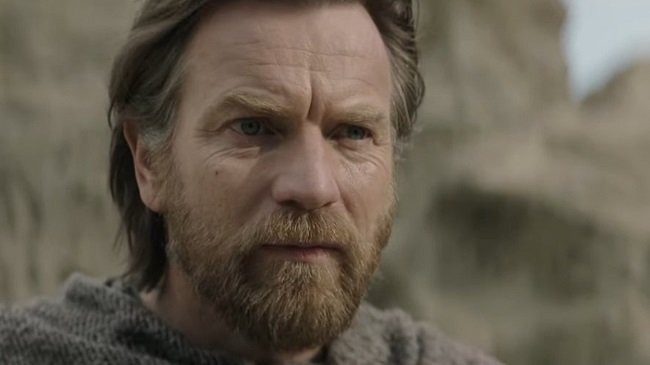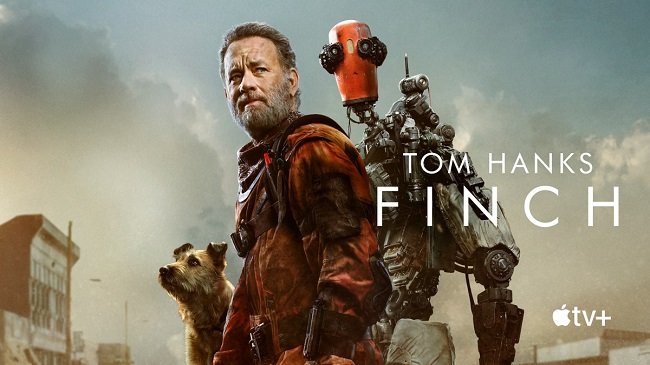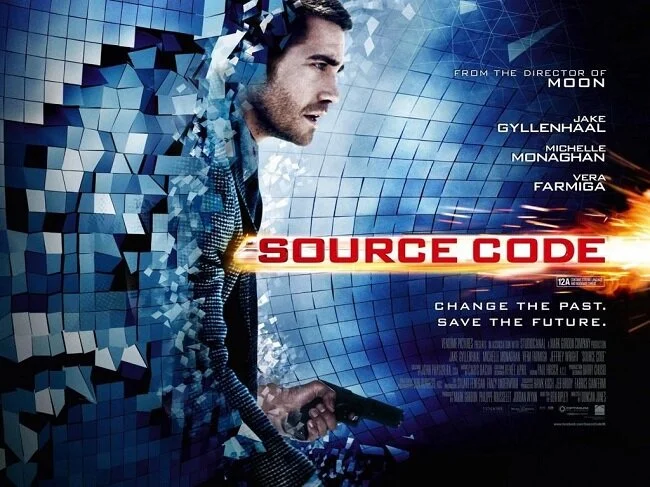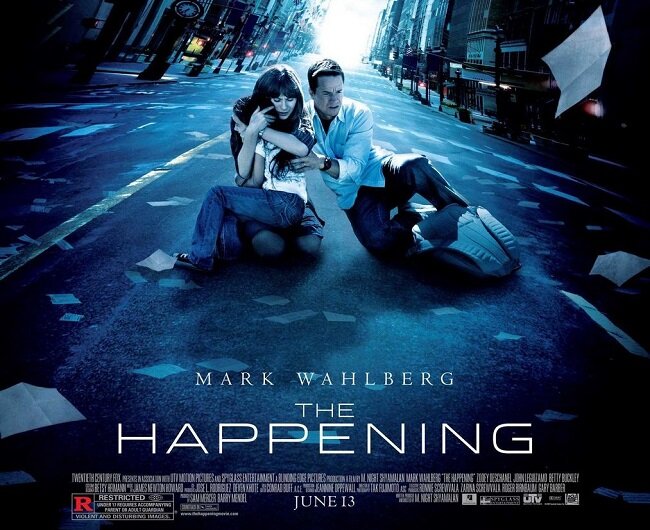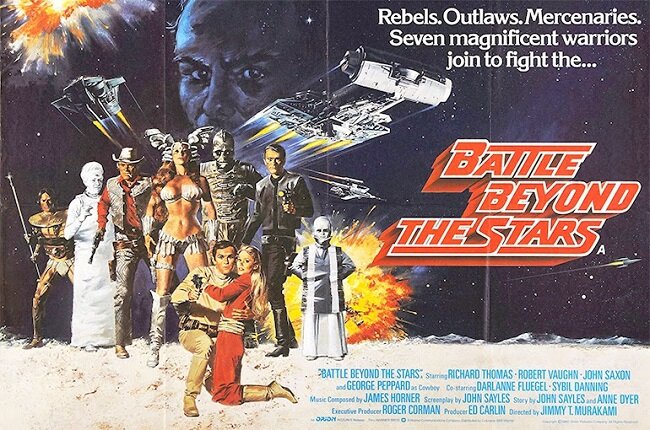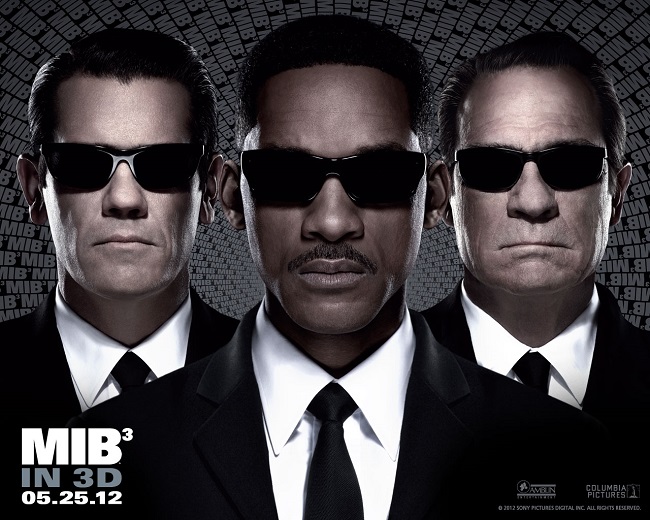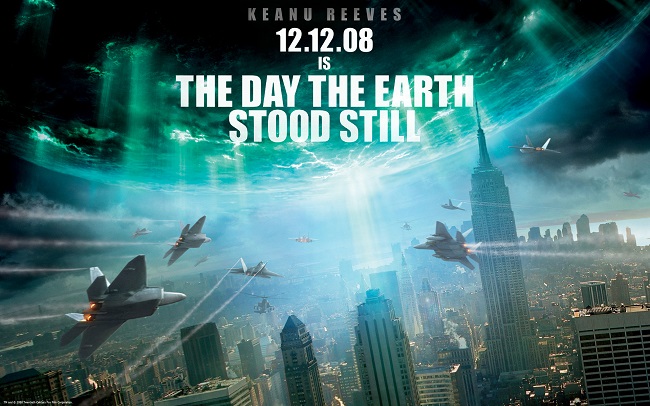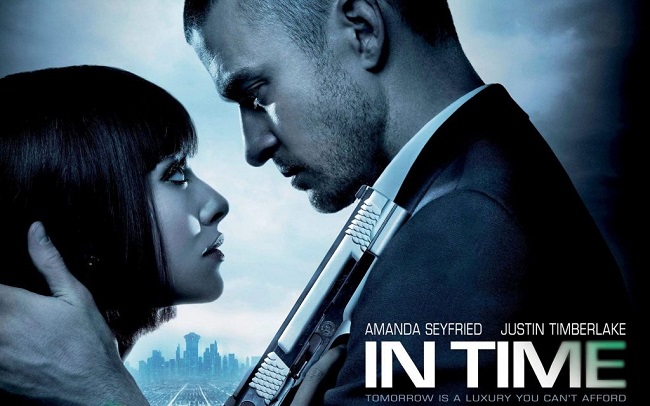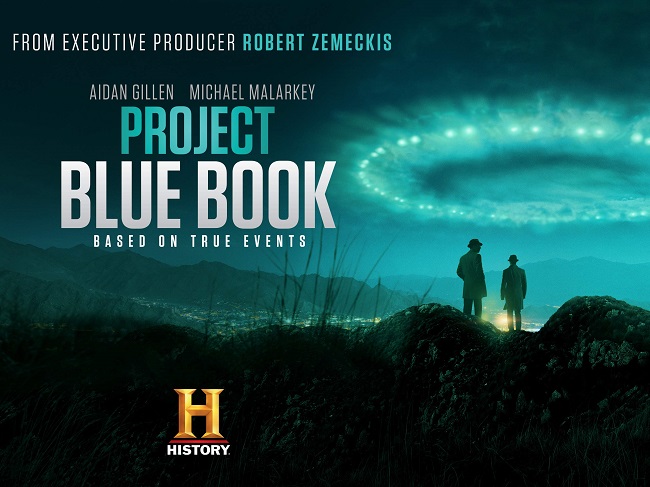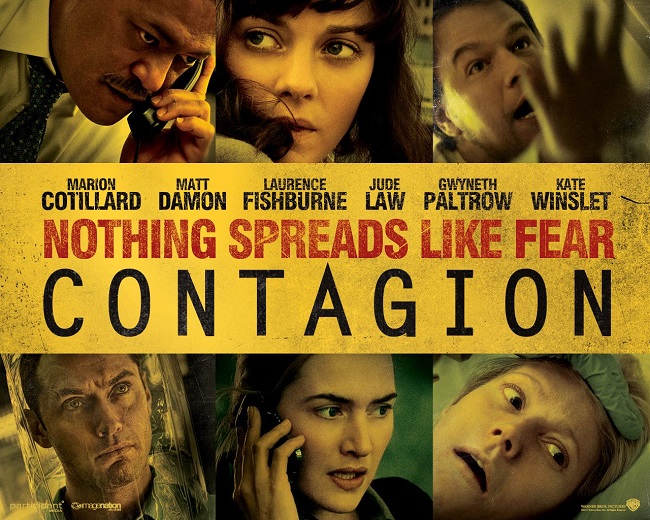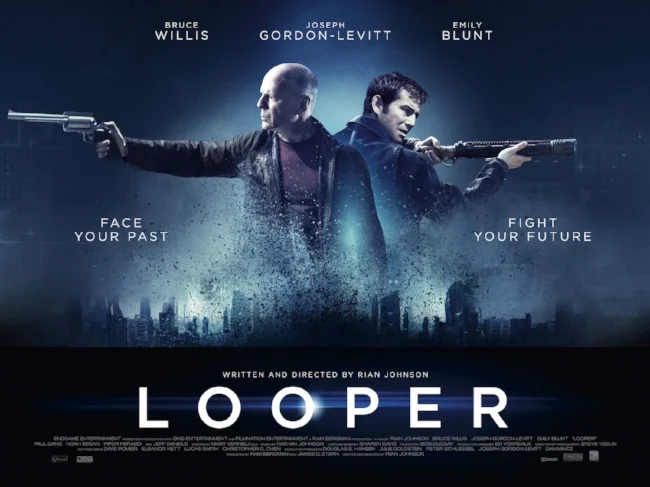War for the Planet of the Apes (2017)
There are times when watching the third instalment of the contemporary Planet of the Apes franchise that you feel like your experiencing something akin to Terrence Malick's The Thin Red Line. There is a narrative depth and an intelligence to the screenplay that you seldom see these days coming from a major studio production. As with the original movies, the story makes multiple subtle points about the nature of humanity and our self-destructive tendencies. Yet it’s all done in a thought full and measured fashion. If you wish to treat War for the Planet of the Apes as simply a science fiction action movie then you will certainly be provided with such a film. However, if you choose to engage your intellect and ponder some of the deeper aspects of the story you’ll be rewarded with much more.
Set two years on from events of the previous film the battle between humans and apes, instigated by the traitorous Koba (Toby Kebbell), has rendered the world a wasteland. Primate protagonist Caesar (once again an extraordinary Andy Serkis) is intent on protecting his species with as little further bloodshed possible. "I didn't start this war," he rhetorically states, while reflecting on the immense loss of ape life. Yet fate leads him to an inevitable encounter with Woody Harrelson's Colonel McCullough when his wife and child are killed, sending him on a potentially self-destructive journey. Director Matt Reeves steers the proceedings at a steady pace, focusing on character over action and spectacle. Sharing a writing credit with Mark Bomback, Reeves does not stray from the central story. Unlike other big budget movies, despite the underlying technology that dominates such productions, there is little self-indulgence and excess. This is a story driven by characters and their choices and struggles.
Once again, creativity is the key to exploring the boundaries of the PG-13 rating. The scenes in the prison camp are grim and worryingly plausible. There are nods to both past and contemporary despotism. The action scenes are large in scope but lack the modern trend for frenetic editing. There is violence, but it’s shot in such a way where it is powerful, yet not inherently graphic. Tonally, the movie has a very dour and prophetic ambience. It is also clear exactly which side the audience should be rooting for. There are again further nods to other classic war movies. Anti-ape rhetoric adorns soldiers’ helmets with phrase such as "Monkey killer" and "Ape-ocalypse Now". It’s not too difficult to see hints of Colonel Kilgore in Woody Harrelson's despotic military leader.
There is also a subtle expansion of the world that makes War for the Planet of the Apes feel wider in scope than its predecessor. Overgrown decaying cities, disused railway tracks and abandoned Coca-Cola lorries hammer home the point that this is the near future and not the ancient wasteland that Charlton Heston endured in the original. Yet despite the broad canvas in which events take place, the plot rarely stray from Caesar, orangutan Maurice (Karin Konoval) and Bad Ape (Steve Zahn), who provides a reprieve from the otherwise sombre events. As for the ending of War for the Planet of the Apes, it is the only credible outcome, establishing the narrative that Caesar is the messianic saviour of his people. The audience is left to reflect upon the future of both human and ape society and whether they can coexist or not. However, that is a story for another day but considering the ground that has already been covered by the Planet of the Apes trilogy, possibly a superfluous one.



